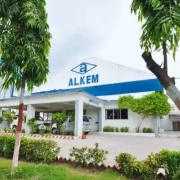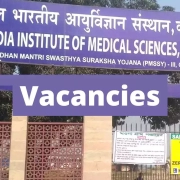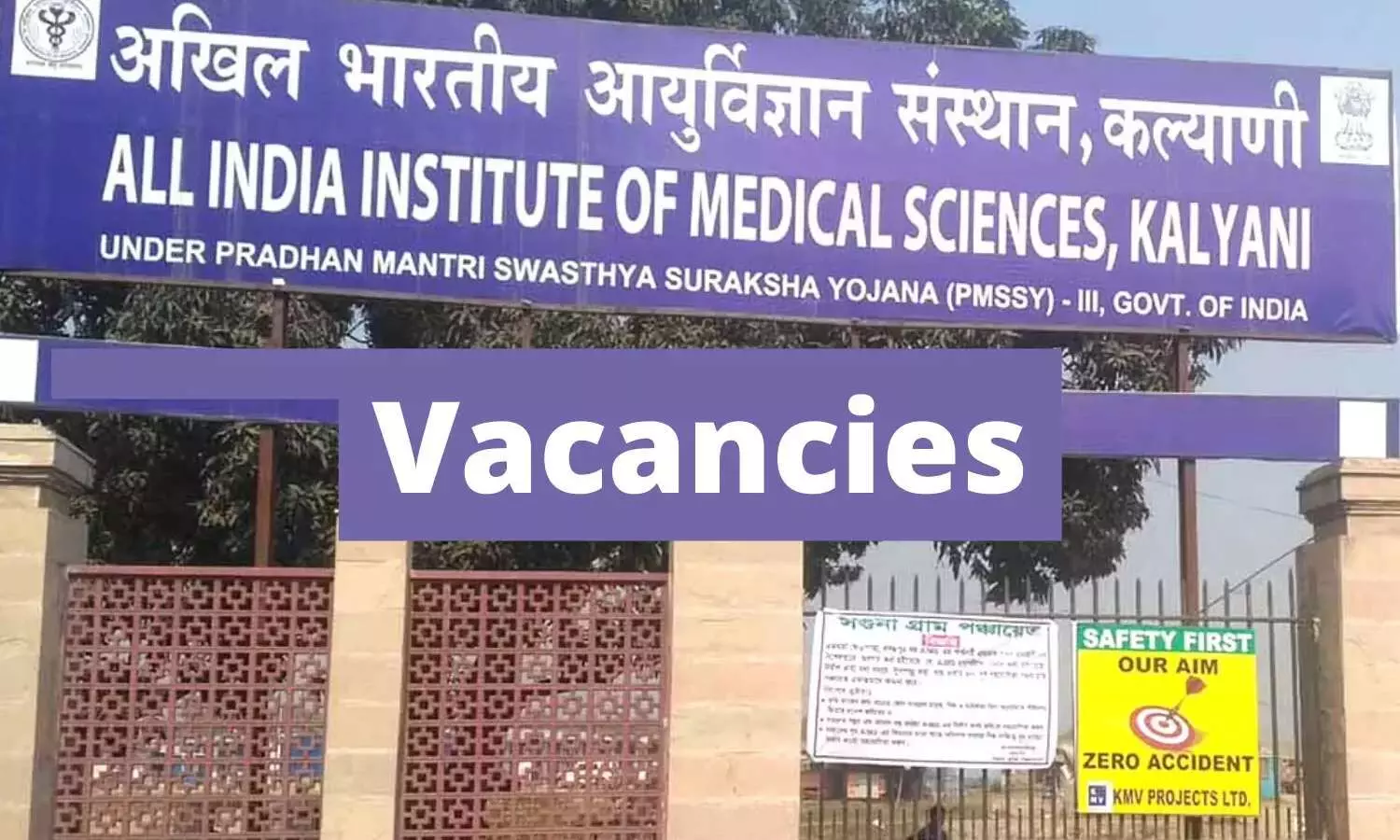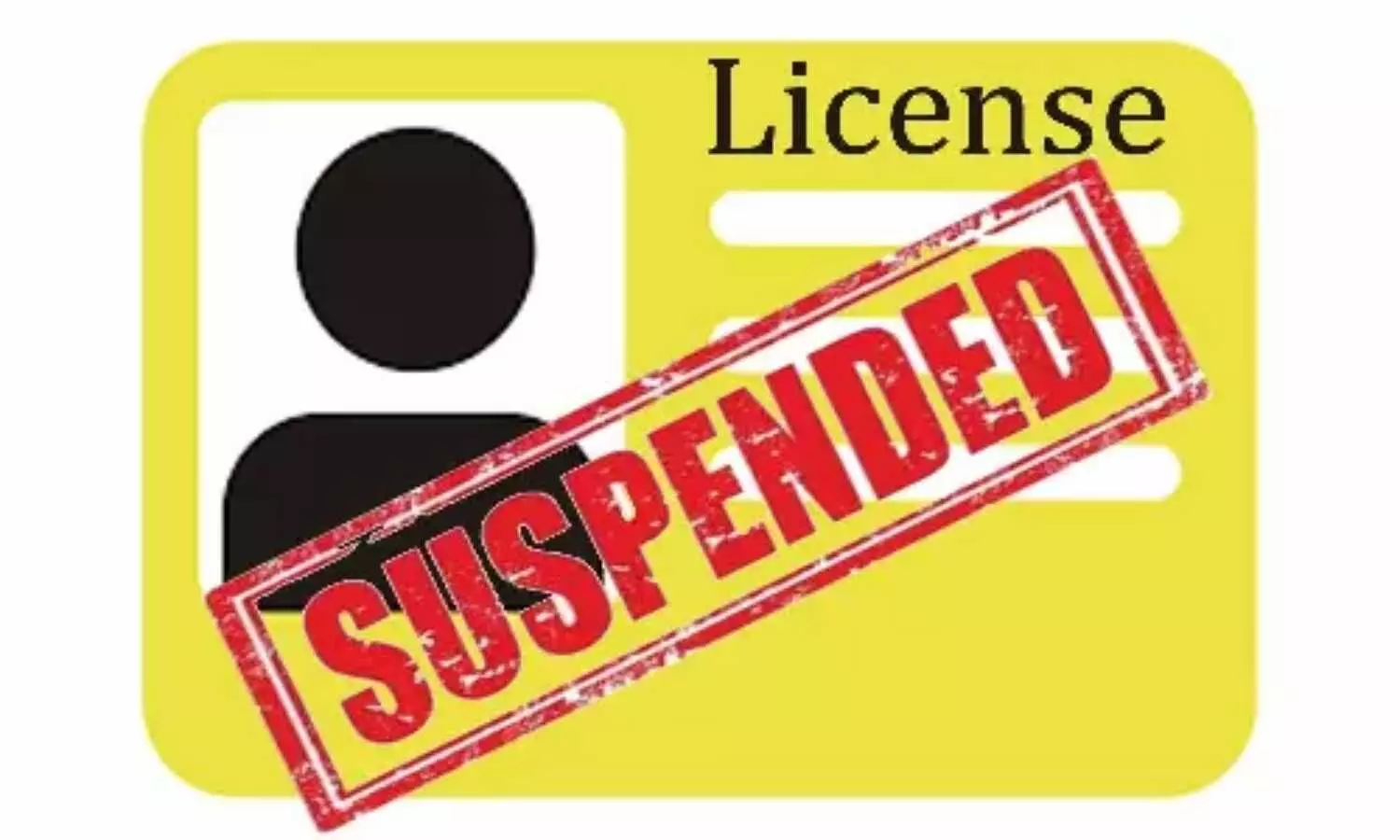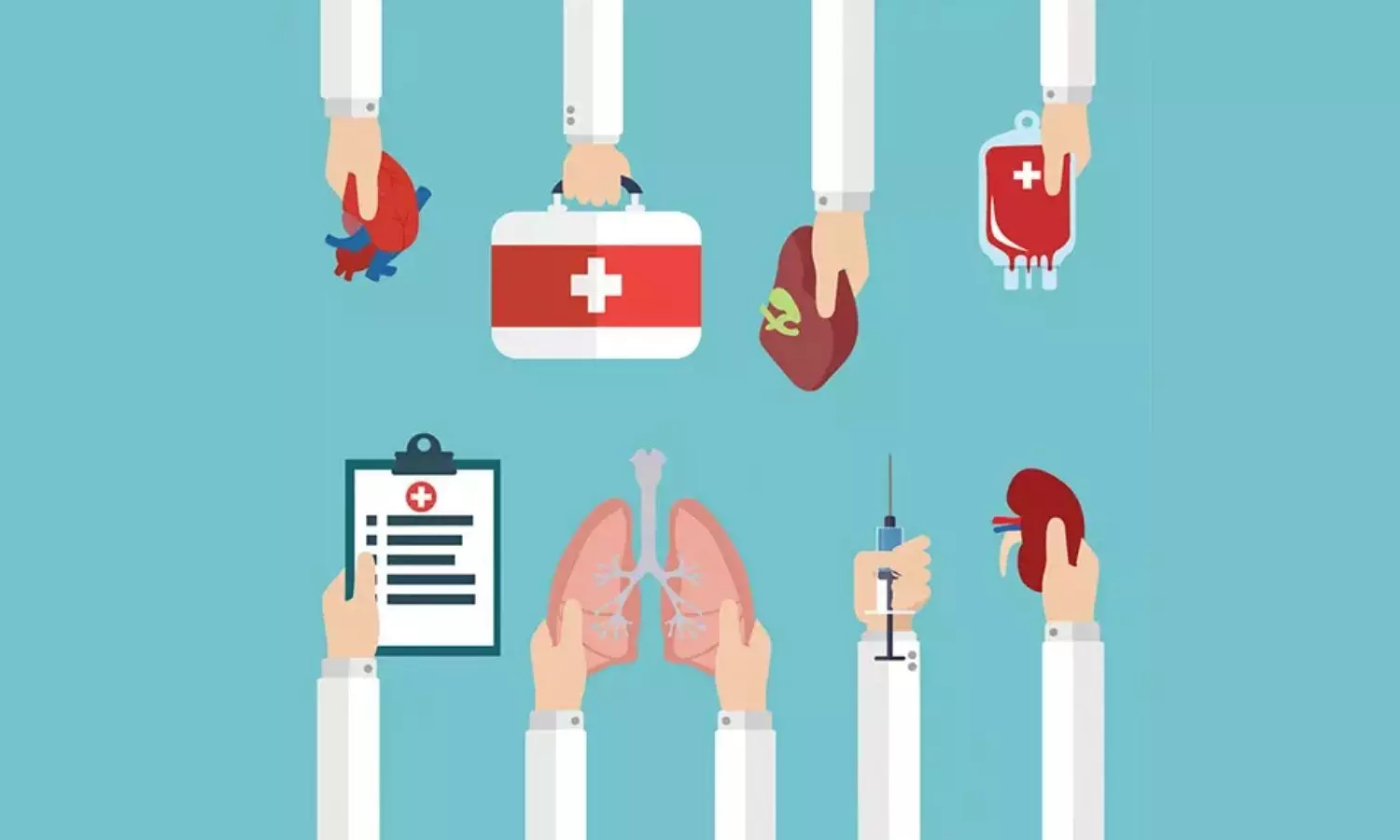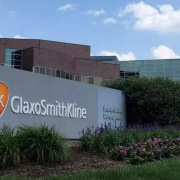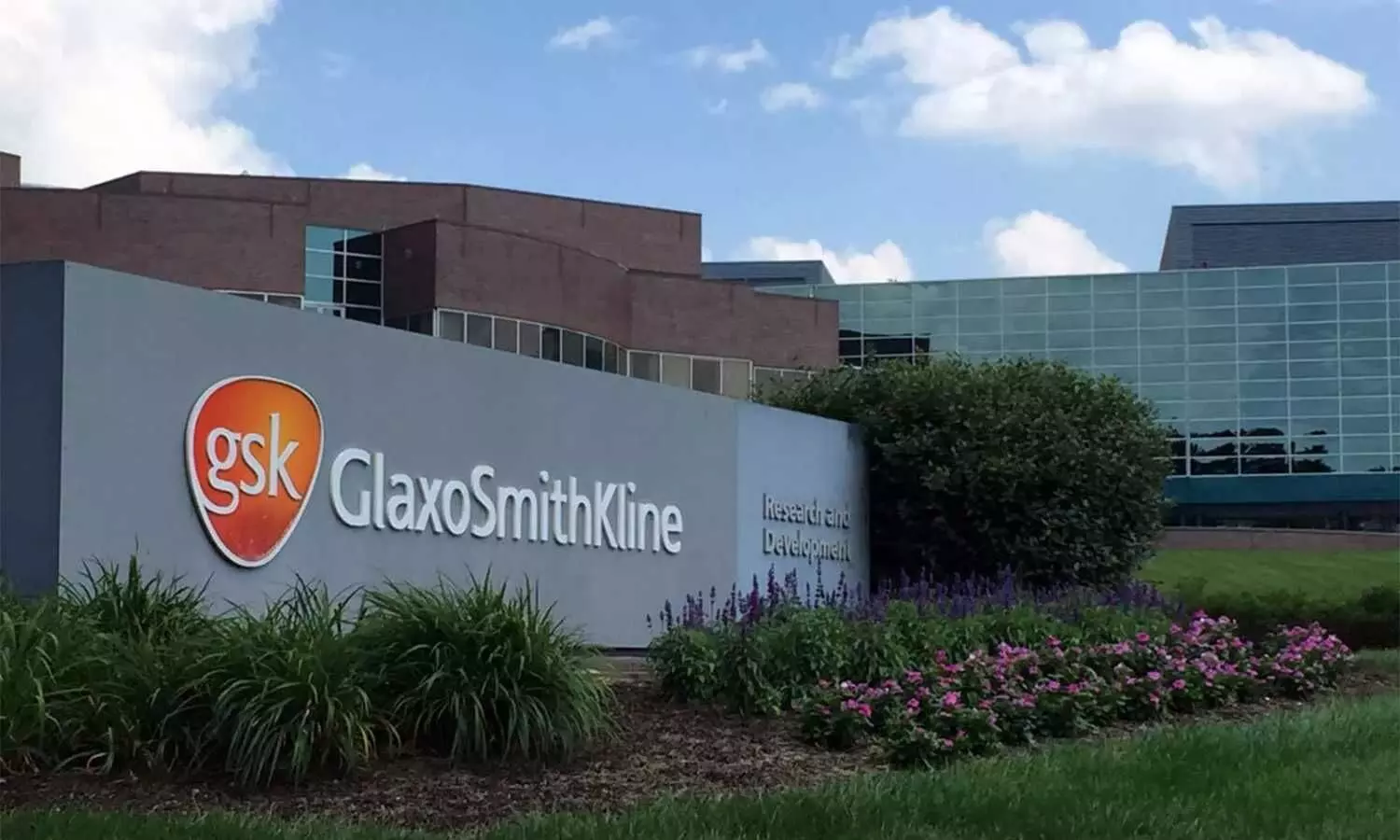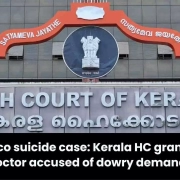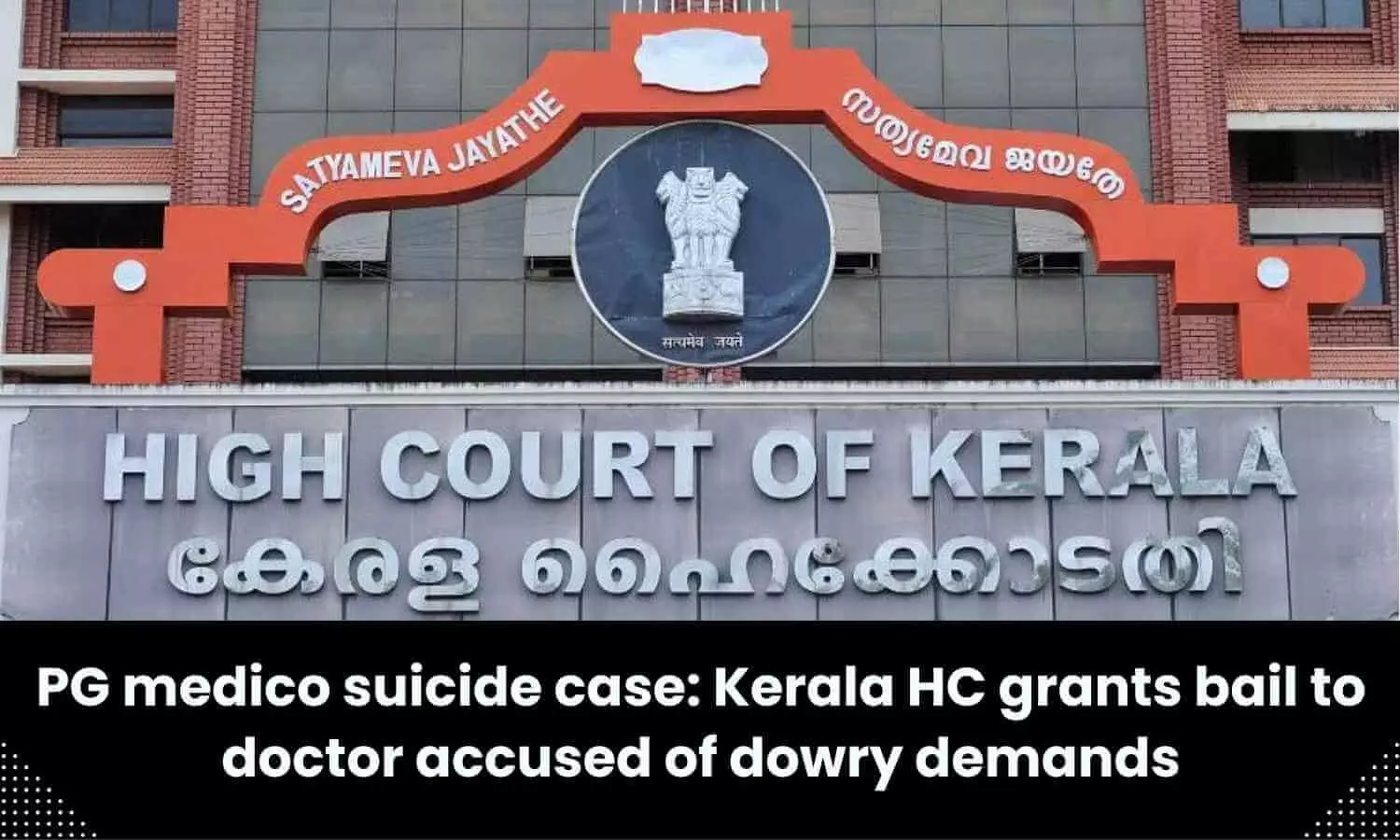Justify dose and rationality: CDSCO Panel Tells Alkem Laboratories on FDC Sacubitril plus Valsartan
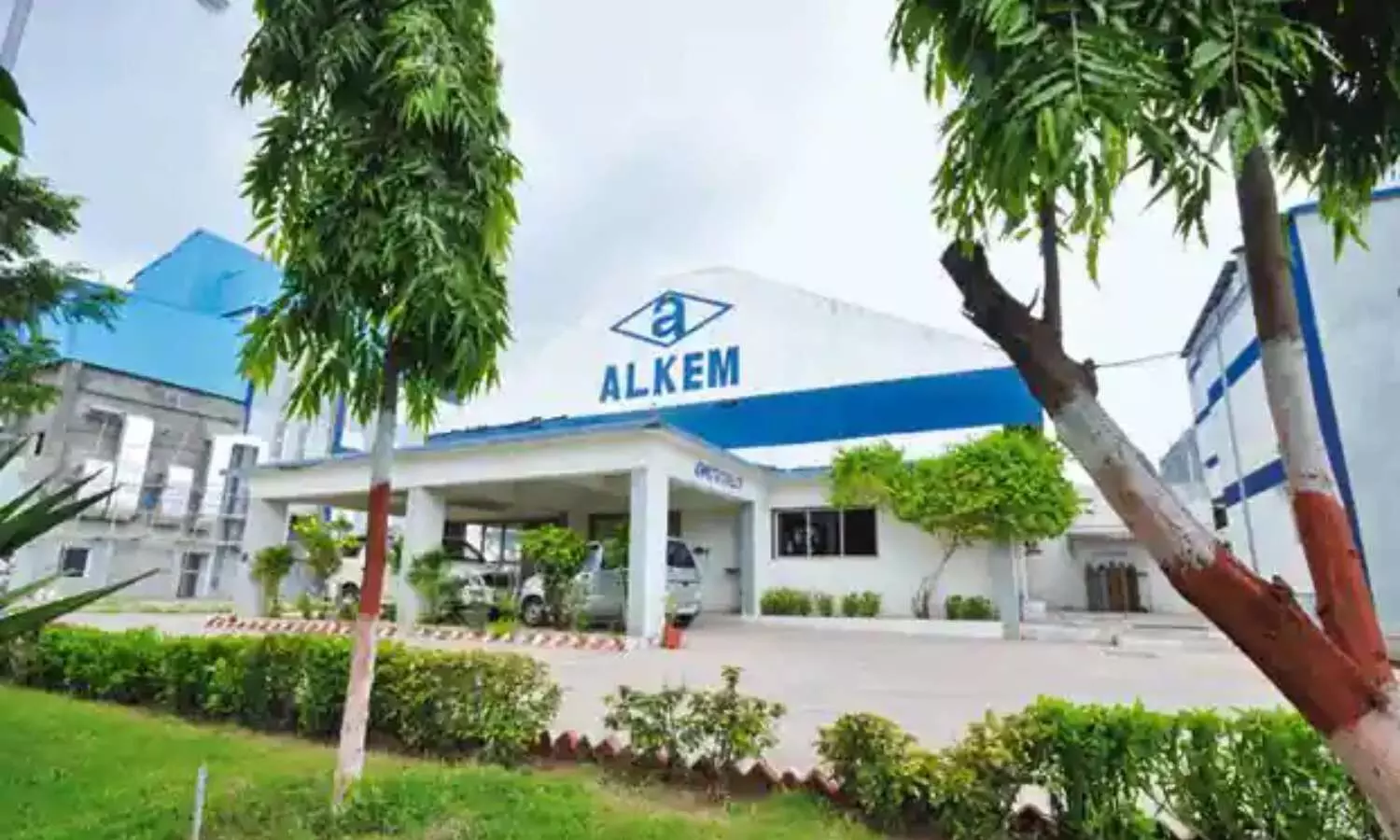
New Delhi: In response to the proposal for bioequivalence (BE) study and Phase III clinical trial (CT) waiver for Sacubitril 12mg plus Valsartan 13mg film-coated tablets presented by the drug major Alkem Laboratories, the Subject Expert Committee ( SEC) functional under the Central Drug Standard Control Organisation (CDSCO) has recommended the firm to submit more justification on the proposed dose and rationality of the fixed-dose combination of Sacubitril plus valsartan.
Sacubitril is a neprilysin inhibitor used in combination with valsartan as an adjunct to reduce the risk of cardiovascular death and hospitalization for heart failure in patients with chronic heart failure (NYHA Class II-IV) and reduced ejection fraction.
Sacubitril’s active metabolite, LBQ657 inhibits neprilysin, a neutral endopeptidase that would typically cleave natriuretic peptides, which includes: atrial natriuretic peptide (ANP), brain natriuretic peptide (BNP), and c-type natriuretic peptide (CNP). ANP and BNP are released under atrial and ventricle stress, which activate downstream receptors leading to vasodilation, natriuresis, and diuresis. Under normal conditions, neprilysin breaks down other vasodilating peptides and vasoconstrictors such as angiotensin I and II, endothelin-1, and peptide amyloid beta-protein. Therefore, the inhibition of neprilysin leads to reduced breakdown and increased concentration of endogenous natriuretic peptides in addition to increased levels of vasoconstricting hormones such as angiotensin II.
Valsartan belongs to the angiotensin II receptor blocker (ARB) family of drugs, which selectively bind to angiotensin receptor 1 (AT1) and prevent angiotensin II from binding and exerting its hypertensive effects.
Powered by WPeMatico

